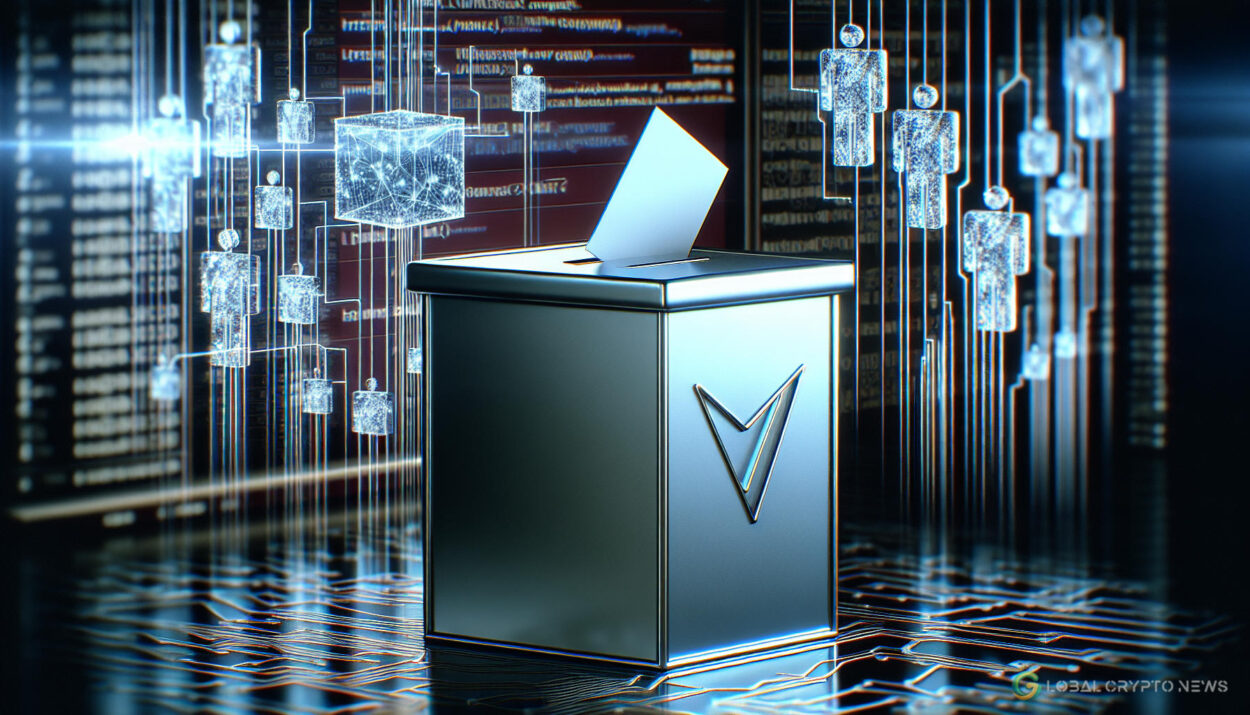Patrick Bet-David, founder and CEO of Valuetainment, believes blockchain can significantly enhance voting systems worldwide.
Amid rapid advancements in artificial intelligence (AI), blockchain, and Bitcoin, Bet-David suggests that leveraging new technology could modernize the outdated voting process. This shift could boost transparency, accessibility, and public confidence in election outcomes.
The entrepreneur shared his insights in a recent video, emphasizing blockchain as a “shared immutable ledger that records transactions and tracks assets in a business network.” According to Bet-David, these features make blockchain ideal for voting applications.
U.S. States Pilot Blockchain Voting
The concept of blockchain technology in voting is not entirely new. Researchers and experts have explored its potential integration across various sectors, including education, supply chains, health, and agriculture. This exploration has led some U.S. states to experiment with blockchain voting systems.
For example, West Virginia was the first U.S. state to pilot blockchain voting in federal elections. The use of a publicly verifiable ledger that maintains voter anonymity is a crucial aspect of this initiative. Bet-David supports this approach, highlighting the security of cryptographically signed votes that “cannot be altered without detection.”
Other states, such as Utah, Colorado, and Oregon, have also tested blockchain voting systems. In Denver, Colorado, a pilot program enabled overseas voters and active-duty military personnel to participate in municipal elections using a blockchain-based smartphone app. Additionally, a voter in Utah became the first person to cast a presidential vote via blockchain. Globally, blockchain voting apps have been tested in Switzerland, Japan, Brazil, South Korea, and Russia.
Challenges with Blockchain Voting
While Bet-David advocates for blockchain’s potential to enhance election transparency and accessibility, he acknowledges several implementation challenges. Critics point to technical and security issues, including scalability and cyber-attacks. Legal and regulatory obstacles, particularly concerning voter anonymity and privacy, also pose significant challenges. States like New York, California, and Texas have expressed reservations about adopting the system.
“With trust in the U.S. government declining from 73% in 1958 to about 16% today, new technology might be what brings the younger generation on board.”
For more insights and updates on blockchain and cryptocurrency, explore the latest news on Global Crypto News.






















